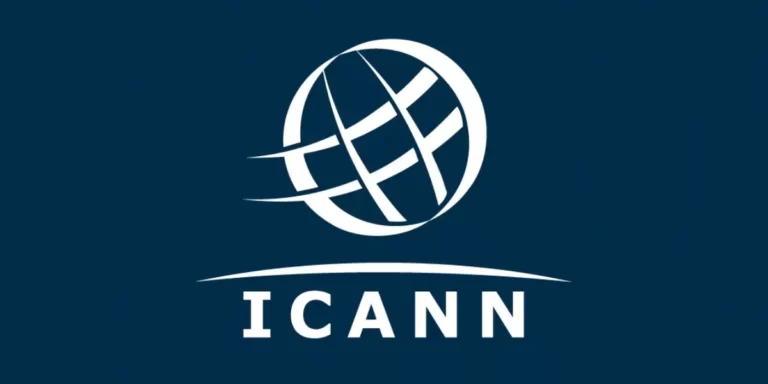The Internet Corporation for Assigned Names and Numbers (ICANN) has launched a Managed Root Server cluster (MRS) in Nairobi, expected to strengthen the quality and reliability of internet connectivity in Kenya.
In February this year, ICANN announced that it will launch two managed root server clusters in Africa, one of which is now in Kenya.
“Improving users’ access to the internet in Africa, and their safety while using it, is part of ICANN’s mission to help make the internet more secure, stable, and resilient across the world,” said Göran Marby, ICANN President and CEO. “The installation of this new IMRS cluster would not have been possible without the participation of the local community. We are grateful to the Kenyan government for its support and commitment to advancing internet accessibility across Africa.”
A managed root server cluster system ensures the localisation of the domain name system (DNS) which then improves latency.
READ ALSO:
Chinese firms to offer World Cup metaverse viewings
US Announces lawsuit launched against FTX founder and Others
According to ICANN: “The clusters ensure that internet queries from Africa can be answered within the region, and not be dependent on networks and servers in other parts of the world, thus reducing latency and improving internet user experience in the entire region.”
Another benefit linked to ththe e IMRS is reduced chance of distributed denial of service (DDoS) cyber-attacks which flood servers with overwhelming queries. With two IMRS locations, the risk of this type of cyber attack is lowered.
The IMRS will be hosted at the Kenya internet exchange which is managed by the Technology Service Providers of Kenya (TESPOK).
CEO of TESPOK Fiona Asonga said that the cluster will improve internet services due to the presence of carriers from across the continent at the exchange point.
New Cabinet Secretary for Information, communications and the Digital Economy, Eliud Owalo added: “The installation of the IMRS cluster aligns with our mission to digitally transform not only our own country but the entire continent, through regulation, partnership, and innovation. We are proud to help bring a more resilient Internet to a larger audience in Africa.”




